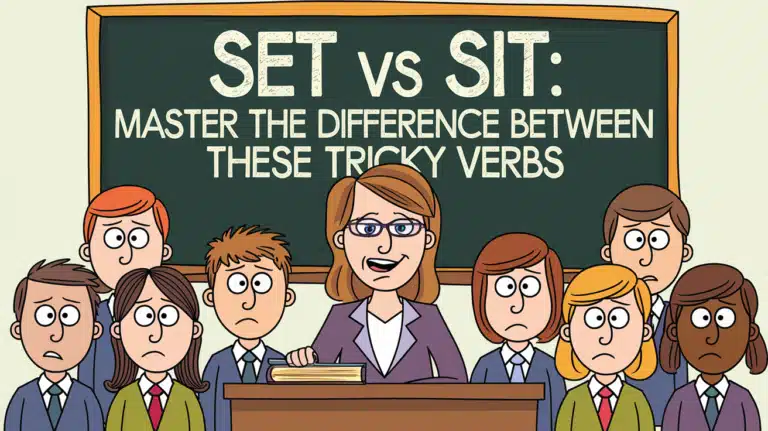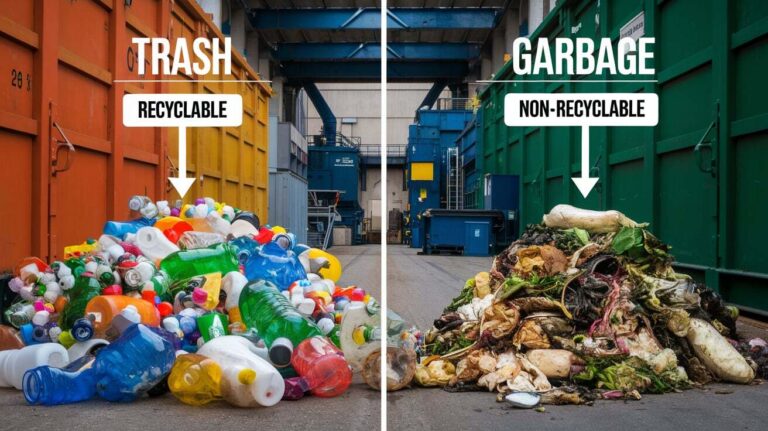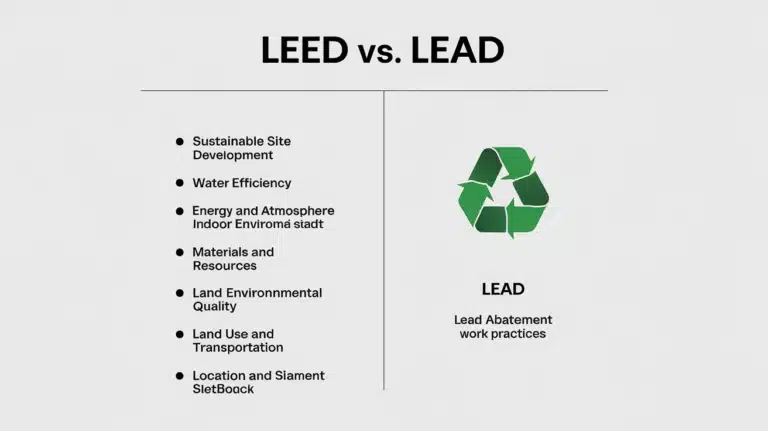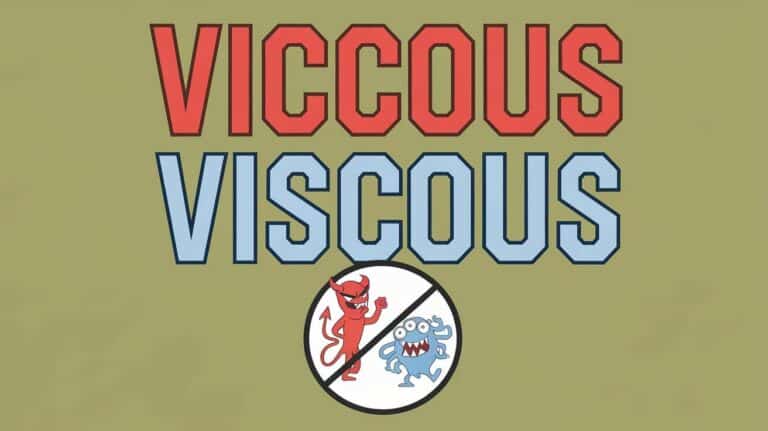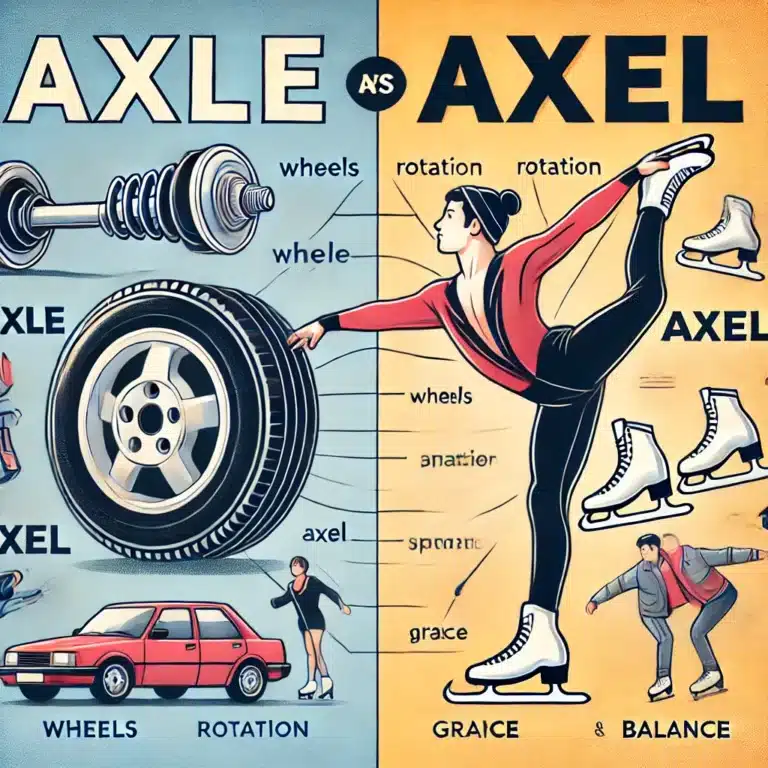Set vs Sit: The Ultimate Guide to Using These Tricky Verbs
Ever found yourself scratching your head, wondering whether to use “set” or “sit” in a sentence? You’re not alone. These two verbs are among the most confusing in the English language, tripping up even native speakers. But fear not! We’re about to embark on a journey through the linguistic landscape of set vs sit, arming…

